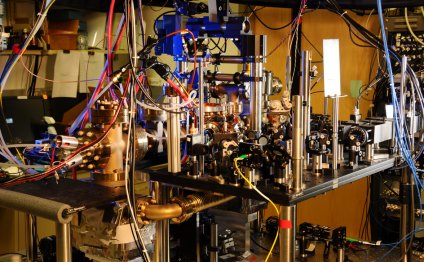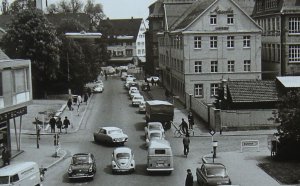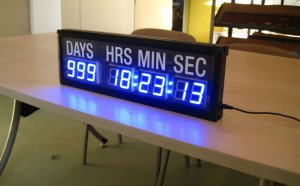
Atomic clock History
The National Physical Laboratory (NPL) was founded in 1900 "for standardising and verifying instruments, for testing materials, and for the determination of physical constants." It is one of the oldest standardising laboratories in the world.
In 1902, HRH The Prince of Wales, the future King George V, used the words that have come to be accepted as the effective, if not formal, objectives:
I believe that in the National Physical Laboratory we have the first instance of the State taking part in scientific research. The object of the scheme is, I understand, to bring scientific knowledge to bear practically upon our everyday industrial and commercial life; to break down the barrier between theory and practice; to effect a union between science and commerce."
- HRH The Prince of Wales
1902
It was originally conceived as an extension of Kew Observatory, which was situated round the corner in Old Deer Park at Richmond, and for the first 18 years of its existence, NPL was under the control of the Royal Society.
Since its establishment, the research work at NPL has included all branches of physics, light, electricity and magnetism, radio communication, engineering, metallurgy, aeronautics and ship design. Many of Britain's most renowned scientists have been involved in work at NPL, including Alan Turing, Louis Essen and Donald Davies.
RELATED VIDEO



Share this Post
Related posts
Mauthe clock History
Jakob KIENZLE (1859 - 1935) was the founder of a major German clock producing factory in the town of Schwenningen, Württemberg…
Read MoreDigital clock History
Above: Campus planners have been consulting the original architectural drawings of the UT Tower for a significant renovation…
Read More










